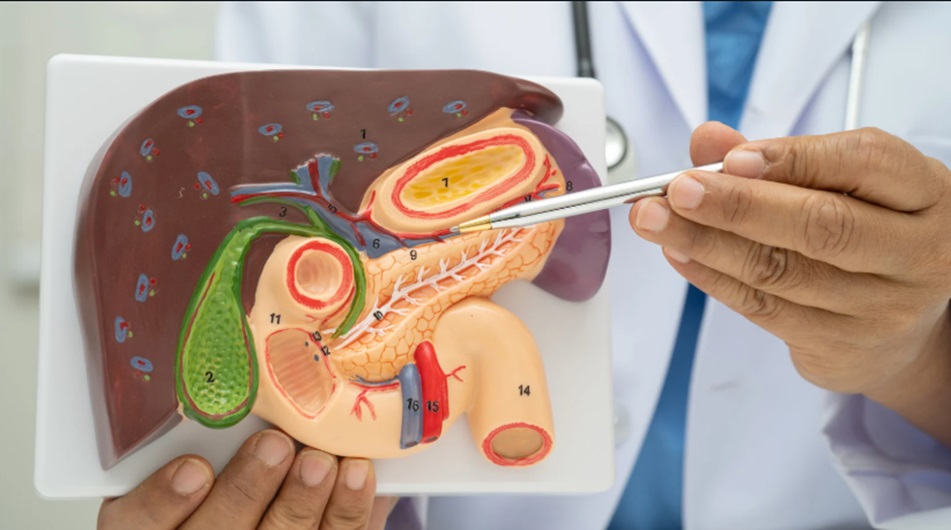
Gallbladder Removal and Weight Management: What’s the Connection?
Gallbladder removal, a common surgical procedure used to treat gallstones or other gallbladder-related issues, often provides significant relief for those in discomfort. However, for individuals undergoing gallbladder removal in Cobb County or elsewhere, a common concern is how the procedure may affect weight management. Grasping the connection between gallbladder removal and weight changes can help you make informed decisions about your health.
How Gallbladder Removal Affects Your Body
The gallbladder is responsible for storing bile, a fluid made by the liver to aid fat digestion. When the gallbladder is removed, bile flows directly into the small intestine instead of being stored for later use. This change can impact how your body digests fats, which may lead to varying effects on weight.
Some people experience weight loss after surgery because their bodies have trouble digesting high-fat foods, leading to smaller portions or more mindful eating choices. Alternatively, others might gain weight if they resort to calorie-dense comfort foods during recovery or due to decreased physical activity. The effect of gallbladder removal on weight varies considerably depending on individual digestion, metabolism, and lifestyle factors.
The Role of Diet in Post-Surgery Weight Management
Your diet becomes an essential part of maintaining balance after gallbladder removal. Since the body might struggle to process rich or greasy foods, transitioning to a nutritious, balanced diet is crucial for both digestive health and weight management.
Knowing what to eat after gallbladder surgery can help you make these adjustments effectively. Lean proteins like chicken or fish, whole grains, fruits, and vegetables should form the foundation of your meals. Avoiding processed, high-fat, or fried foods can prevent discomfort and help manage calorie intake. Paying attention to portion sizes and eating smaller, more frequent meals is another helpful strategy for easing digestion.
Physical Activity During Recovery
Exercise is a key component of weight management following gallbladder surgery. Once your body has healed, incorporating physical activity can stabilize metabolism and support overall health. Low-impact activities, such as walking, swimming, or yoga, can be excellent ways to rebuild strength and maintain an active lifestyle.
It’s essential to ease back into exercise carefully after surgery. Referring to a guide to recovery after gallbladder removal surgery can help you understand the appropriate timeline and steps for reintroducing movement safely. Overexerting yourself too soon can hinder your progress, so be mindful about pacing your recovery.
Addressing Misconceptions About Weight Changes
A common myth surrounding gallbladder removal is that it directly causes significant weight gain or makes weight loss impossible. The truth is that the surgery itself doesn’t inherently change your body’s ability to manage weight. Instead, post-surgery weight fluctuations often stem from changes in diet or activity during recovery.
For instance, some individuals might feel nauseous after eating, leading to unintentional weight loss, while others turn to easy-to-digest but calorie-rich foods, resulting in weight gain. Practicing mindfulness in eating and staying consistent with physical activities can help mitigate these tendencies.
Conclusion
Gallbladder removal can undoubtedly lead to changes in digestion, which may impact weight management. However, its effects are not one-size-fits-all. Focusing on balanced eating, thoughtful physical activity, and allowing your body sufficient time to adjust is essential to achieve lasting health benefits. By making informed dietary and lifestyle choices, you can manage your weight effectively and prioritize your overall well-being after surgery.



